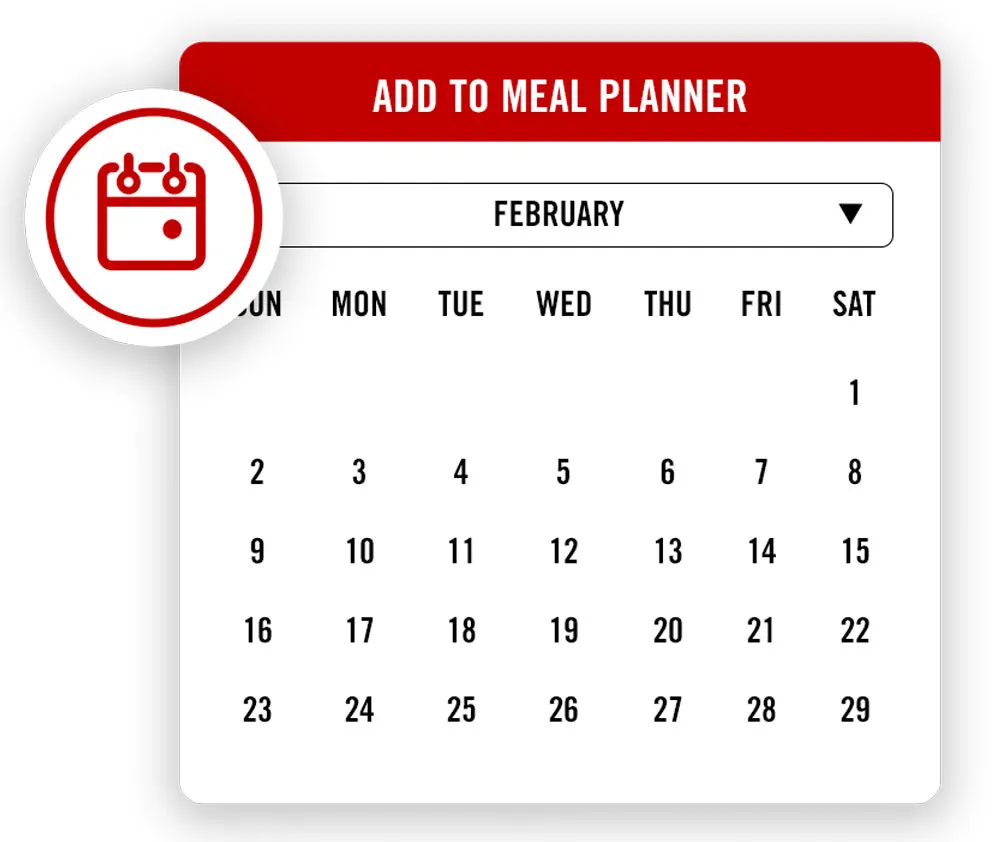Lemon juice is one of the most fundamental ingredients in great cooking, making flavors pop in sweet and savory dishes from salad dressings to sauces, cocktails, casseroles, marinades, and muffins. But it’s not always easy to capture that flavor when getting the most out of your lemons can seem like a daunting task. Here there are some tips and tricks for addressing those sunshiny orbs of bright citrus.
Prep your lemons for juicing
To get the most juice from your lemons, start by rolling them against the countertop, pressing down with the palm of your hand to help break up some of the cells and loosen the membranes. This trick makes juicing easier, and helps you get the maximum volume of juice from the lemons.
Then, take their temperature. I’m kidding, but when the membranes of your citrus are cold or cool, they stiffen and resist when you try to press them down for juicing. Fifteen or twenty seconds in the microwave softens those membranes and you can actually get nearly 20 to 25% more juice out of those lemons. This is a great trick especially if you keep your citrus in the fridge, but if you don’t want to nuke your lemons, try and remember to have your lemons at room temperature before juicing to get the most out of them.
Then, before I juice, I like to zest my lemons, even if I don’t need grated lemon zest immediately. Lemon zest is a magical ingredient perfect as a bright garnish for everything from roasted vegetables to ice cream, and I hate to let any go to waste. Even if your recipe does not call for lemon zest, take advantage of the opportunity to get the most from your lemons. Remove all that beautiful zest with a peeler or microplane grater before you juice so that you always have zest on hand. Lemon zest keeps for up to three days in the fridge or can be dried or frozen and kept for months.
Make the right slice
There are a few different ways to slice your lemon, depending on how you want to use your lemon juice. If you need every bit of juice, slice the lemon in half across the equator to expose the interior for juicing.
If you want elegant lemon wedges for people to use to finish drinks or food themselves as a finishing garnish, cut a “cheek” off each side of the lemon, leaving the core with the seeds behind. These easily squeezable chunks of lemon provide plenty of juice and no pesky seeds.
Get every drop of juice
You have several options for juicing your lemon once it is zested and halved. If you need more than a half cup of juice and have access to an electric juicer, pull it out — it will save your hand and wrist. These juicers have a central reaming attachment that spins; you simply press the lemon halves down on them to release the juice.
If you do not have an electric juicer, your next best bet is a manual press juicer, which has a lever system to press the juice out of the lemon halves, and a screen or strainer to catch the seeds.
Or, go with an old-fashioned reamer. Some reamers rest over a cup or bowl, or have a reservoir attached to catch the juice. You just twist the lemon halves over the reamer to get the juice out. These often create a lot of pulp, and do not wrangle the seeds well. Handheld reamers are another option. Hold the reamer in one hand and the lemon in the other, and press and twist the reamer into the halved lemon, holding it over a bowl to catch the juices.
Even simpler is a hinged hand juicer that presses the juice out of the lemon halves and retains most of the pips. I find that some of these juicers allow the small seeds to escape, so you may want to juice over a strainer.
If you are in a vacation home or Airbnb with no juicing equipment, you still have options. You can also create a reamer with a fork or large spoon in a pinch, using the fork or spoon the same way you would use a handheld reamer. Check the quality of the silverware before you use this trick, or you might twist the fork tines or snap the spoon bowl off the handle.
This article was written by Stacey Ballis from Food & Wine and was legally licensed through the DiveMarketplace by Industry Dive. Please direct all licensing questions to legal@industrydive.com.








